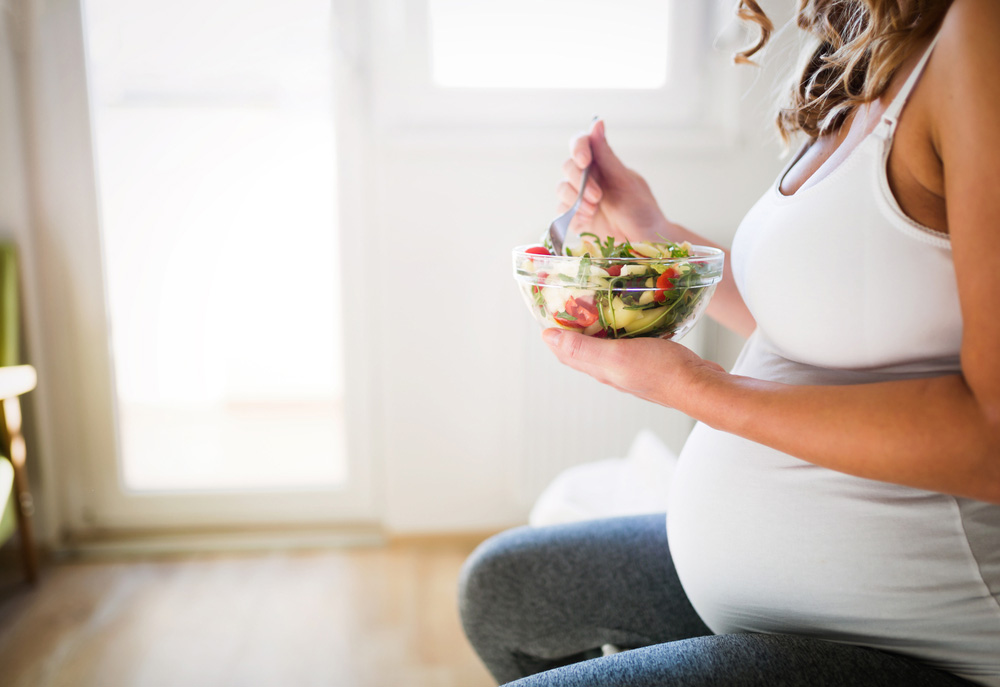
How To Properly Store Your Medications
Storing medication correctly is essential for maintaining its effectiveness and keeping households safe. Whether you’re managing a chronic condition, looking after children, or supporting an older family member, knowing how and where to store medicines plays a crucial role in your overall care plan.
This guide offers practical advice on how to store medications safely and highlights key medication safety tips for everyday use.
Why Proper Medication Storage Matters
Medicines can be sensitive to temperature, light, and moisture. Exposure to the wrong conditions may reduce their quality or affect how they work. In some cases, this can lead to medicines becoming less effective or, rarely, unsafe to use.
By storing medications as directed, you can:
- Help maintain their effectiveness.
- Avoid accidental misuse.
- Reduce the risk of harm to children and pets.
- Stay organised and avoid taking expired or incorrect doses.
General Rules for Storing Medication Safely
While different medicines have specific requirements, these general rules apply to most household medications:
- Store in a cool, dry place away from heat, humidity, and direct sunlight.
- Keep medicines in their original packaging to retain important labelling and instructions.
- Store all medications out of reach of children and pets.
- Do not store medicines in bathrooms due to humidity and temperature fluctuations.
- Avoid leaving medicines in cars, especially during hot or cold weather.
If you’re unsure about how to store a particular medication, your local pharmacy in Wyong can provide advice tailored to your prescription.
Reading Storage Instructions on Labels
Always check the medication label or packaging insert for storage instructions. Some may require refrigeration, while others should be kept at room temperature.
Instructions to look for include:
- “Store below 25°C” or “Store at room temperature.”
- “Keep in a dry place.”
- “Do not freeze.”
- “Protect from light.”
Your pharmacist can clarify these directions if you are uncertain.
Medications That Require Refrigeration
Some medications need refrigeration to stay effective. These are usually kept between 2°C and 8°C. Examples may include the following:
- Eye drops.
- Liquid antibiotics.
- Insulin.
- Hormonal medications.
When storing refrigerated medicines:
- Place them in the middle of the fridge, not in the door or freezer section.
- Use a container or sealed bag to keep them separate from food.
- Monitor the fridge temperature if you store medications regularly.
If you’re travelling or unsure about refrigeration, ask your pharmacy about safe transport options such as insulated containers or cooling pouches.
Safe Disposal of Unused or Expired Medications
Unused or expired medications should never be thrown in the bin or flushed down the toilet. This can pose risks to others and the environment.
Instead:
- Take unwanted medicines to your local pharmacy for safe disposal.
- Make use of community programs such as the Return Unwanted Medicines (RUM) project, which are available at participating pharmacies.
- Check expiry dates regularly and dispose of medicines you no longer need.
Keeping Medicines Away from Children and Pets
Accidental poisoning is a preventable risk. To keep medications safe from curious hands and paws:
- Store medicines in a locked cabinet or on a high shelf.
- Use child-resistant caps when available.
- Avoid referring to medicine as “lollies” or treats.
- Teach children about medicine safety in an age-appropriate way.
If a child or pet accidentally ingests medication, seek emergency assistance immediately. Contact the Poisons Information Centre on 13 11 26 (Australia-wide).
Staying Organised with Multiple Medications
If you or someone in your care takes several medications, proper storage and organisation can make a big difference.
Tips include:
- Use a pill organiser to separate daily or weekly doses.
- Keep a medication list with names, dosages, and timing.
- Label each container clearly.
- Review medications regularly with your pharmacist or GP.
Your pharmacy near you can assist with medication packaging services to help make day-to-day management more organised and straightforward.
Travelling with Medication
When travelling:
- Carry medications in your hand luggage with a copy of your prescription.
- Keep them in original packaging for easy identification.
- Pack a small cooler or insulated bag if refrigeration is required.
- Bring extra doses in case of delays.
Speak with your pharmacist in advance for travel-specific advice and tips. Additionally, research the medication regulations in your destination country to avoid issues at customs. It’s also helpful to check the medication’s shelf life and any specific storage instructions to maintain its safety and effectiveness while travelling.
Don’t Share Medications
Even if symptoms seem similar, medications prescribed for one person should never be used by another. Sharing medicines can be harmful and may delay appropriate treatment. Different individuals have different medical needs, and what works for one person may not be safe or effective for another.
If someone in your household has a new or recurring health concern, encourage them to consult a healthcare professional. A proper diagnosis and treatment plan tailored to their specific condition can help ensure the best possible care and recovery. Always prioritise safety and professional guidance when it comes to medications.
What to Do If a Medication Has Been Stored Incorrectly
If you believe a medicine has been exposed to heat, moisture, or other unsuitable conditions:
- Do not use it until you’ve checked with a pharmacist.
- Note any changes in colour, smell, or consistency.
- Keep the original packaging when seeking advice.
Your pharmacy can assess the condition of the medication and advise on whether it is safe to continue using it. In some cases, improper storage may reduce the effectiveness of the medication or cause harm. Always consult a professional to help maintain your safety and proper use of the medication.
Visit Guardian Pharmacy Gorokan for Medication Packing & Advice
Correct medication storage is a key part of staying safe and well. By keeping medicines in the right conditions, you help ensure they work as intended and reduce the risk of accidental harm.
If you have any questions or need help managing your medicines, Guardian Pharmacy Gorokan is here to support the community with guidance, packing services, and responsible medication disposal.
Contact us today or drop by to speak with a pharmacist about storing your medications safely.






